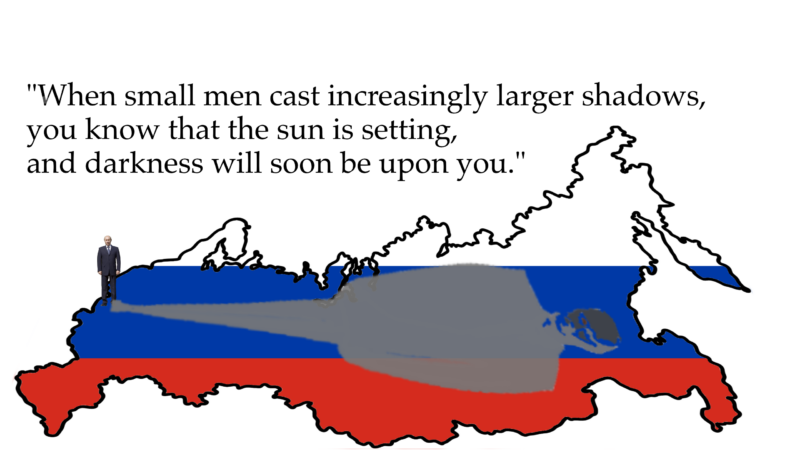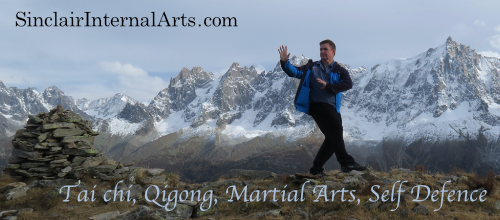There is a lesson that has been taught over and over throughout the ages: Power is not a product of increasing control. Control is an illusion.
The more rigidly an autocrat tries to control a population, the more counter-productive and weak that leader becomes. The ultimate power exists when controlling the population is not required.
A good leader liberates and empowers the population, and finds new avenues of cooperation.
A failing leader is one who needs to control his subjects, fears his enemies, and cannot trust his friends.
Martial arts teach us that balance is a verb, and that peace is power. Martial skill, whether in strategy, tactics, or techniques, is built on understanding, wisdom, detachment, and compassion. Skill is impeded by anger, fear, hatred, and need for control.
Authoritarians are not leaders. The are a burden. They promise progress, yet serve as an albatross around the next of society. They rule by fear in an attempt to achieve the illusion of respect, which they will never earn.
Authoritarian power tries, and fails, to win respect. However, it is the conscious restraint of power, in contrast, which wins admiration, and is a better gauge of good leadership.
Good leaders do not require respect, and do not seek to be admired. They promote the admiration of others, where it is earned. The best leaders can build a meritocracy, even regardless of their own prominence, position, power or respect. Hence, the names of truly great leaders may go unsung, and an be unknown to history.
In combat, the skilled martial artist will lead by following the opponent’s strengths, and by recognizing common goals, even within the opponent’s strike. A skilled fighter does not block a strike, for this consumes time and energy. A block is counterproductive, not a productive counter. Good technique is found in the stillness, the fulcra, the emptiness, and the unrestrained jazz-like improvisation.
The highest martial art is one of merging with the opponent, of understanding the opponent’s tactics, their strategy, and their motivation. It does these things so thoroughly that, with the illusion peeled away, all that remains is common ground.
In the same way that mature economies evolve from distributive to integrative negotiations, a mature martial artist evolves from needing to fear and control the enemy, to the realization that there is no enemy.
This is not some flaky idealism. This is the cumulative experience of generations of leaders and warriors. It can be hard to see during the heat of war. Truth is often obscured in the chaos of a moment, only to be revealed again in the fullness of time.


Comments are closed.